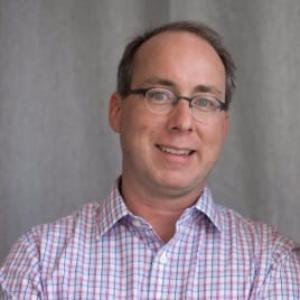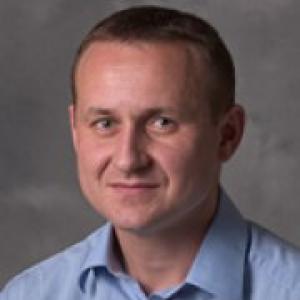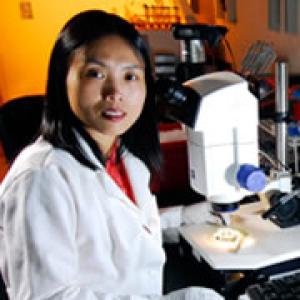Michael Goodisman

Michael Goodisman is interested in understanding how evolutionary processes affect social systems and how sociality, in turn, affects the course of evolution. His research explores the molecular basis underlying sociality, the nature of selection in social systems, the breeding biology of social animals, the process of self-organization in social groups, and the course of development in social species. His teaching interests are centered on the importance of behavior, genetics, and ethics in biological systems. Goodisman also works to improve and advance undergraduate education.









